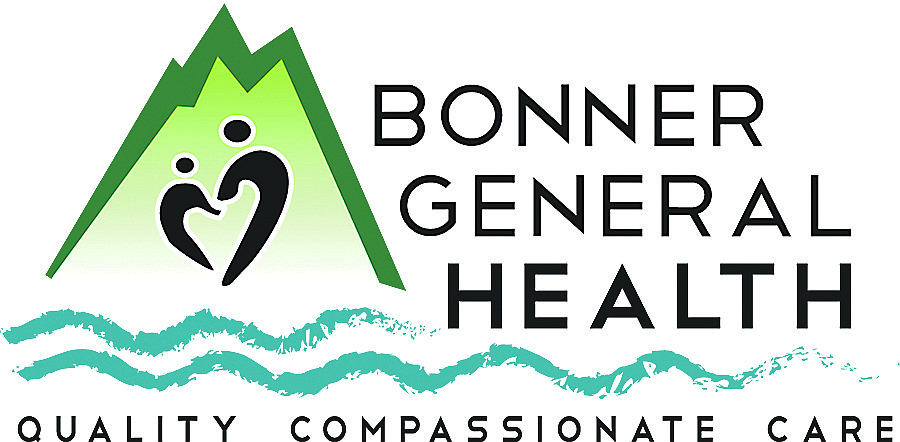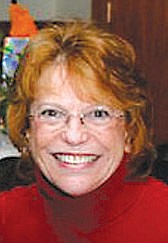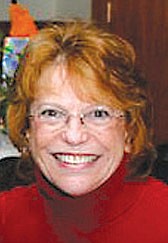Maintain physical, mental, and cognitive skills while aging
Several years ago, a good friend of mine who's now in her mid-90s said, "I refuse to let an old person live in this body." She still lives that axiom. She drives, she's involved in community activities and those of her children, grands, and greats. She tends her garden and, maybe even more importantly, keeps up her sense of humor.
Although you're never too old to start improving your health, it's a good idea to start thinking about aging before it's thrust on you. You know, you're only 64 one day, and the next day you're "elderly."
You can learn how to live healthier. If you don't, old age can be a pain in the — name the body part. The National Institute on Aging has tons of information and recommendations for healthy aging, physically, mentally, and cognitively.
I will skip over the parts about diet and exercise, and, for once, I won't tell you to stop smoking. I will start with the advice to see your primary care provider regularly. And by regularly, they mean at least once a year.
Regular check-ups can help you reduce your risk factors for serious disease or help you catch diseases in their early stages. NIA says that "people who went to the doctor regularly also reported improved quality of life and feelings of wellness. In recent years, scientists have developed and improved upon laboratory, imaging, and similar biological tests that help uncover and monitor signs of age-related diseases."
Near the top of the list of must-dos is getting enough sleep. NIA says all adults should get between seven and nine hours of sleep. "Not getting enough quality sleep can make a person irritable, depressed, forgetful, and more likely to have falls or other accidents."
One study of people over 65 found poor sleep equaled poor problem-solving and concentration abilities. "Another study, which looked at data from nearly 8,000 people showed that those in their 50s and 60s who got six hours of sleep or less at night were at a higher risk of developing dementia later in life," NIA said.
The first rule of getting enough sleep is having a regular sleep schedule. That includes trying to fall asleep and getting up at the same time each day. "Avoid napping late in the day, as this may keep you awake at night. Exercise can help you sleep better, too, if it isn't too close to bedtime," NIA says. Talk to your PCP about your sleep habits; improvement might be as simple as a change in medications.
Mental wellness is essential to your overall health and quality of life. "Managing social isolation, loneliness, stress, depression, and mood through medical and self-care is key to healthy aging," NIA says. "Although they sound similar, social isolation and loneliness are different. Loneliness is the distressing feeling of being alone or separated, while social isolation is the lack of social contacts and having few people to interact with regularly."
Research shows that making new social contacts improves physical and psychological well-being. So, what do you do? Take the time to stay in touch with friends and family either in person or by phone. Meet new people by taking a class, going to the senior center, or joining a church group. Volunteer.
NIA says, "Your favorite activities are not only fun — they may also be good for your health. Research shows that people who participate in hobbies and social and leisure activities may be at lower risk for some health problems."
They also say, "Older adults who spent at least an hour reading or engaged in other hobbies had a decreased risk of dementia compared to those who spent less than 30 minutes a day on hobbies."
Losing cognitive skills is most likely the most feared aspect of aging. NIA says that there is some evidence that exercising your brain may improve memory function. "A study of adults 60 and older showed that sustained engagement in cognitively demanding, novel activity enhanced memory function."
I don't know about you, but I will continue to exercise, eat a healthy diet, write this column, and volunteer in the community. In my spare time, I'll read more books about subjects I know nothing about and have more parties. Want to come along?
Kathy Hubbard is a member of the Bonner General Health Foundation Advisory Council. She can be reached at kathyleehubbard@yahoo.com.



